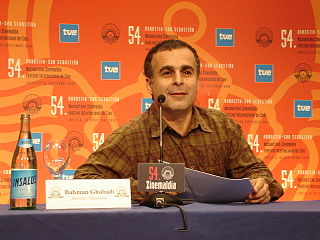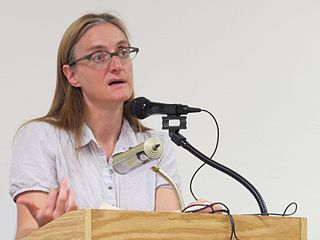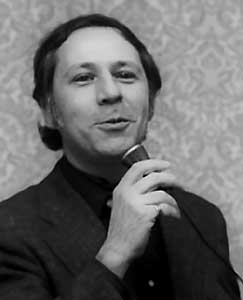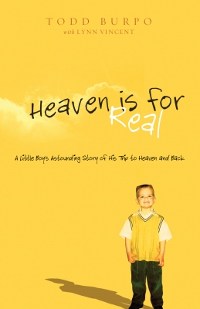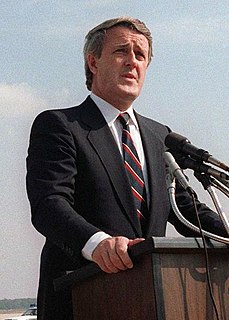A Quote by Marshall Curry
I have wondered if I might be placed on a watch list of some sort by the government, though. I know that the documentary filmmaker Laura Poitras, who is a friend and who has made documentaries about controversial Middle Eastern terrorists has had trouble at customs when she travels internationally - but nothing like that has happened to me.
Related Quotes
That initial anger she had felt turned to sadness, and now it had become something else, almost a dullness of sorts. Even though she was constantly in motion, it seemed as if nothing special ever happened to her anymore. Each day seemed exactly like the last, and she had trouble differentiating among them.
I wondered what my father had looked like that day, how he had felt, marrying the lively and beautiful girl who was my mother. I wondered what his life was like now. Did he ever think of us? I wanted to hate him, but I couldn't; I didn't know him well enough. Instead, I wondered about him occasionally, with a confused kind of longing. There was a place inside me carved out for him; I didn't want it to be there, but it was. Once, at the hardware store, Brooks had shown me how to use a drill. I'd made a tiny hole that went deep. The place for my father was like that.
I don't know Hillary's Clinton stance on urban farming. I don't know Donald Trump's stance or Bernie Sanders's for that matter. But the Obamas have been amazing. You know, Michelle Obama, she planted that garden. She keeps bees there at the White House. Little known fact, though, is that Laura Bush also had an organic garden but she never told anyone about it.
So the idea about how detonation of a nuclear weapon might happen vary, you know - some people are especially concerned about terrorists getting their hands on nuclear weapons and using them. Some people are worried that there might be a nuclear war between India and Pakistan. Some think the Middle East, were Israel already has nuclear weapons and where other countries may be interested at some point and acquiring them, might be a flash point.
A friend of ours, the wife of a pastor at a church in Colorado, had once told me about something her daughter, Hannah, said when she was three years old. After the morning service was over one Sunday, Hannah tugged on her mom's skirt and asked. "Mommy, why do some people in church have lights over their heads and some don't?" At the time, I remember thinking two things: First, I would've knelt down and asked Hannah, "Did I have a light over my head? Please say yes!" I also wondered what Hannah had seen, and whether she had seen it because, like my son, she had a childlike faith.
Every argument that Margaret Thatcher ever made internationally didn't have a great deal to do with her contempt for Communism - she never really got into that. What she talked about was giving freedom to tens of millions of people in Central and Eastern Europe. She was an inspirational leader when it came to discussing her belief in freedom. More visceral and moral.
I won the argument against the knife that night, but barely. I had some other good ideas around that time--about how jumping off a building or blowing my brains out with a gun might stop the suffering. but something about spending a night with a knife in my hand did it. The next morning I called my friend Susan as the sun came up, begged her to help me. I don't think a woman in the whole history of my family had ever done that before, had ever sat in the middle of the road like that and said, in the middle of her life, "I cannot walk another step further--somebody has to help me.



